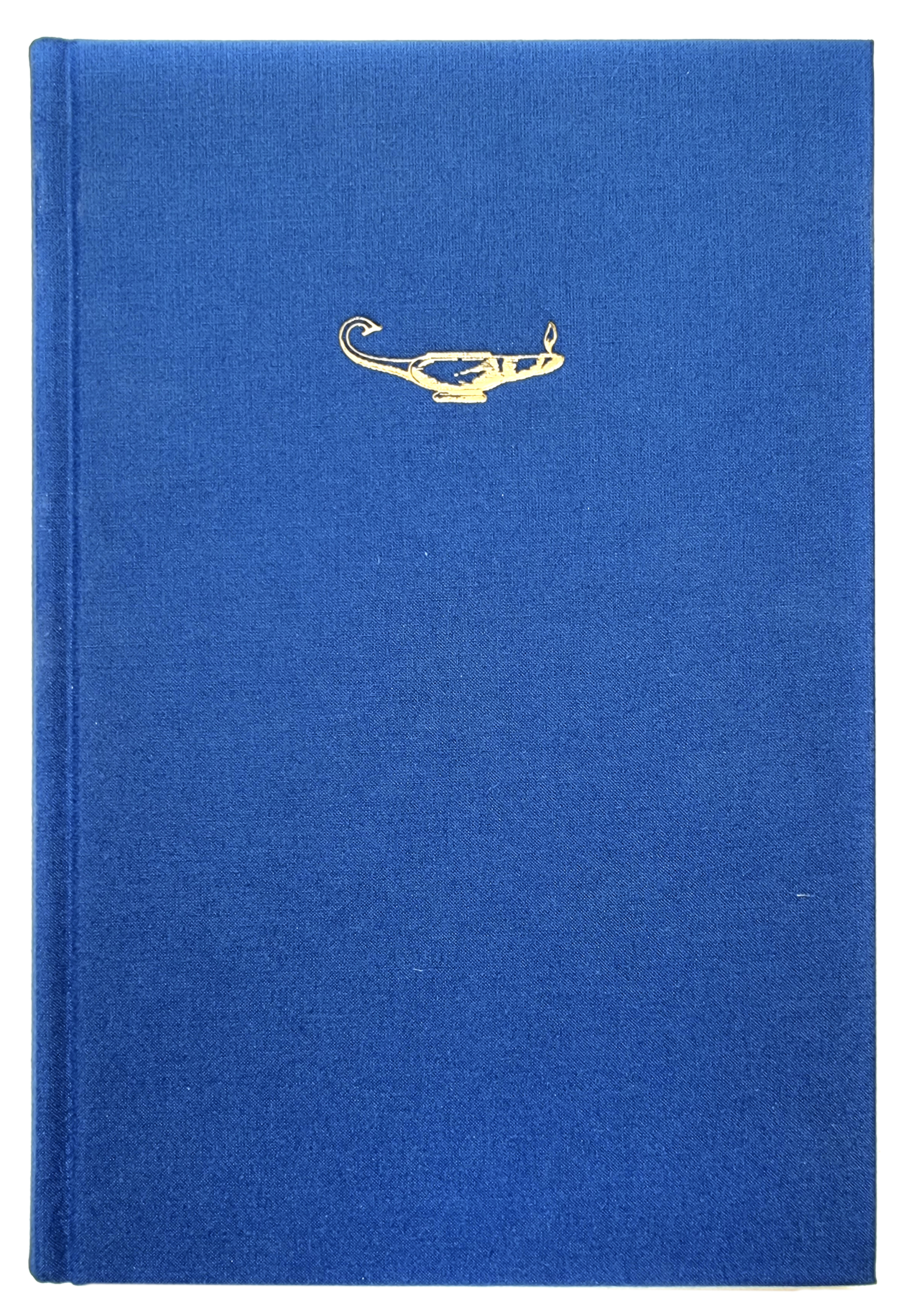Anyone who feels joy is creative
– a first sketch of the epistemic virtue authentic creativity
Keywords:
Vetenskapshistoria, känslohistoria, kreativitet, autenticitet, History of science, History of emotion, Creativity, AuthenticityAbstract
Why is creativity such a ubiquitous virtue in the United States and Europe today? In this article, it is argued that exhortations to be creative, as well as to follow one’s passion and have fun at work, all are signs of the new virtue “Authentic creativity”. This is an overarching mode of thinking about ethical values and knowledge creation emerging after World War II. It draws on ideas and practices about individuality, an authentic life and creativity as an epistemic tool, and has become especially important within knowledge generating fields such as contemporary science. Thus, practicing scientists’ descriptions of who makes a good scientist and why are analyzed. Using Lorraine Daston’s and Peter Galison’s term “epistemic virtue”, the characteristics of authentic creativity are contrasted with three older epistemic virtues to clarify some of its unique features: that it is open to anyone, that knowledge creators need access to all available sources rather than the most correct ones, that successful knowledge generation depend on feeling passionate about the work, that knowledge generators should let their own positive emotions guide them, and that they are expected to use creativity to create something new and useful rather than something correct. The consequences of the increasing importance of authentic creativity are also briefly sketched, and avenues for future research suggested.
Downloads
Published
Issue
Section
License
This work is licensed under a Creative Commons Attribution 4.0 International License. The copyright for the work published in Lychnos remains with the authors.


